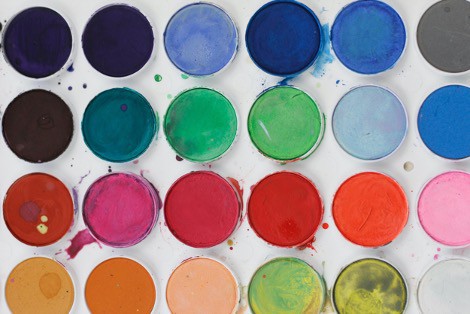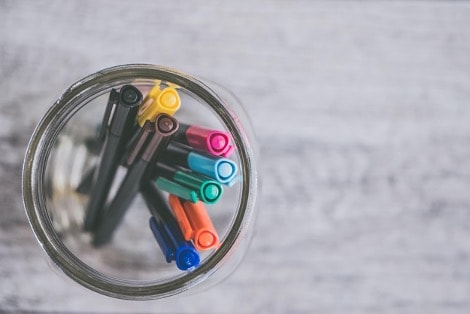Manners are a valuable life skill and, as the saying practice makes perfect goes, they can be a learned habit. As children become more familiar with polite behaviour, the likelihood of respectful behaviour becoming second nature to young children will increase.
Teaching basic etiquette rules doesn’t have to be as uninteresting as it may initially seem. Fortunately, there are plenty of fun and imaginative ways in which you can instil these basic but essential skills.
Educating your children on manners is the perfect opportunity for bonding and will also create the impression that using proper etiquette is a fun experience!
Manners Charades
First, a brainstorming session! As a family, quickly spend a few minutes noting down some actions that demonstrate good and bad manners on separate pieces of paper.
Next, fold the pieces of paper and pop in a bowl and mix them up.
Take it in turns to choose a piece of paper from the bowl and act out the scenario described.
The children, in turn, must reveal if they think the action is good or bad. Then they must state what they believe the action to be!
To create more of a game element, you can divide the family into two teams!

Reverse Roles
This game explores manners at the dinner table.
To begin, the adults must take on the role of the ‘children’. This leaves the children to take on the part of the ‘adults’.
Once the role reversal has been established, the adults must demonstrate a rude manner at the dining table. The children must name what the bad manner is and advise on what they should have done instead!

Manners Collage
A creative activity that requires some large pieces of paper, or A4 sheets stuck together, scissors, glue and magazines.
Look through some magazines and old newspapers together and try to spot some examples of people demonstrating good manners! This could be holding a door for others, washing their hands and waving hello.
Cut out the images and attach them to the paper to create a poster!
The poster could be added to throughout the time of teaching manners, so make sure to have it somewhere accessible.
You could also highlight any pictures which demonstrate rudeness and discuss why you think it’s not an acceptable behaviour and brainstorm an alternate way to address the situation!

Please and Thank You Pictures
Another activity to enhance the creativity of children, it will require paper and colouring pencils or paints.
Set the children the task of drawing situations where the phrases ‘please’ and ‘thank you’ are necessary.
You could ask them to add in speech bubbles to show who in the picture should be saying the phrases.
At the end of their drawing time, sit and discuss what they have drawn together.
Please and Thank You Game
A more interactive approach to learn the phrases ‘please’ and ‘thank you’, you will need to quickly jot down a few sentences which need the words ‘please’ or ‘thank you’ to complete them.
Next, give each of the children a piece of paper. One side will say ‘please’, and the other will read ‘thank you’.
Say the sentences you have created and ask the children to show the side of the paper with the correct phrase on!
The “What Would You Do” Game
This activity is great for the whole family to join in!
Start by gathering a list of circumstances which may require a polite or helpful interaction. Each idea should be put on a notecard.
Examples could include:
- You see an older woman struggling with her shopping as she carries it to the bus stop.
- You witness a group of children making fun of another child’s school bag in the playground.
- You spill some food on the floor when having dinner at your friend’s house.
- You are on the other side of a door as a father with a pram is trying to open it.
Finish the card with the question ‘what would you do?’.
Next, mix up the notecards and offer one card to each person in the game.
Each person should read the scenario on their card and try and think of as many possibilities that will improve the situation.
Once they have said as many as they can think, it’s time for the rest of the group to offer their suggestions. This is where the game becomes interesting as you may be impressed with some of the solutions your children come up with!
Our guide to raising emotionally intelligent children offers further advice on how you can teach children to manage negative behaviours and navigate these types of adverse emotions.
Hopefully, we have inspired you to think of some fun ways to teach your children manners! Do you have any other educational ideas to pass on regarding etiquette? We would love to hear them! Why not let us know on our social media channels?
At our private school in Devon, we strive to educate our pupils on the significance of polite manners. We believe teaching correct etiquette creates a healthy and friendly environment. More importantly, it is a key tool for social preparation which will go on to support our students in their adult life.
Why not get in touch with us to discuss our prospectus, arrange a visit or attend a taster day?









